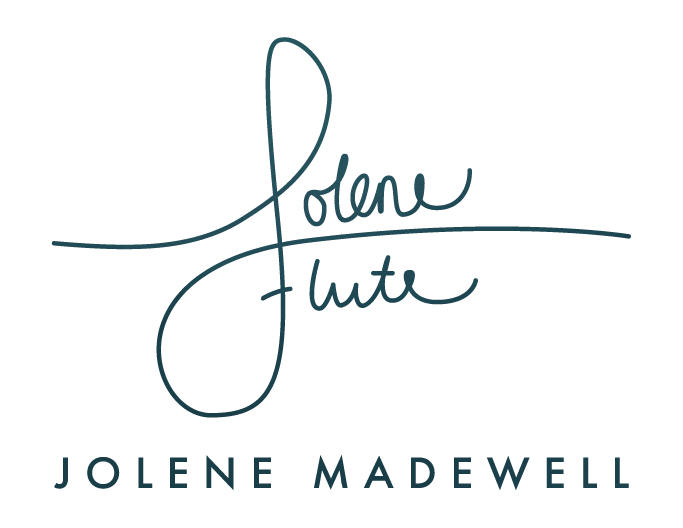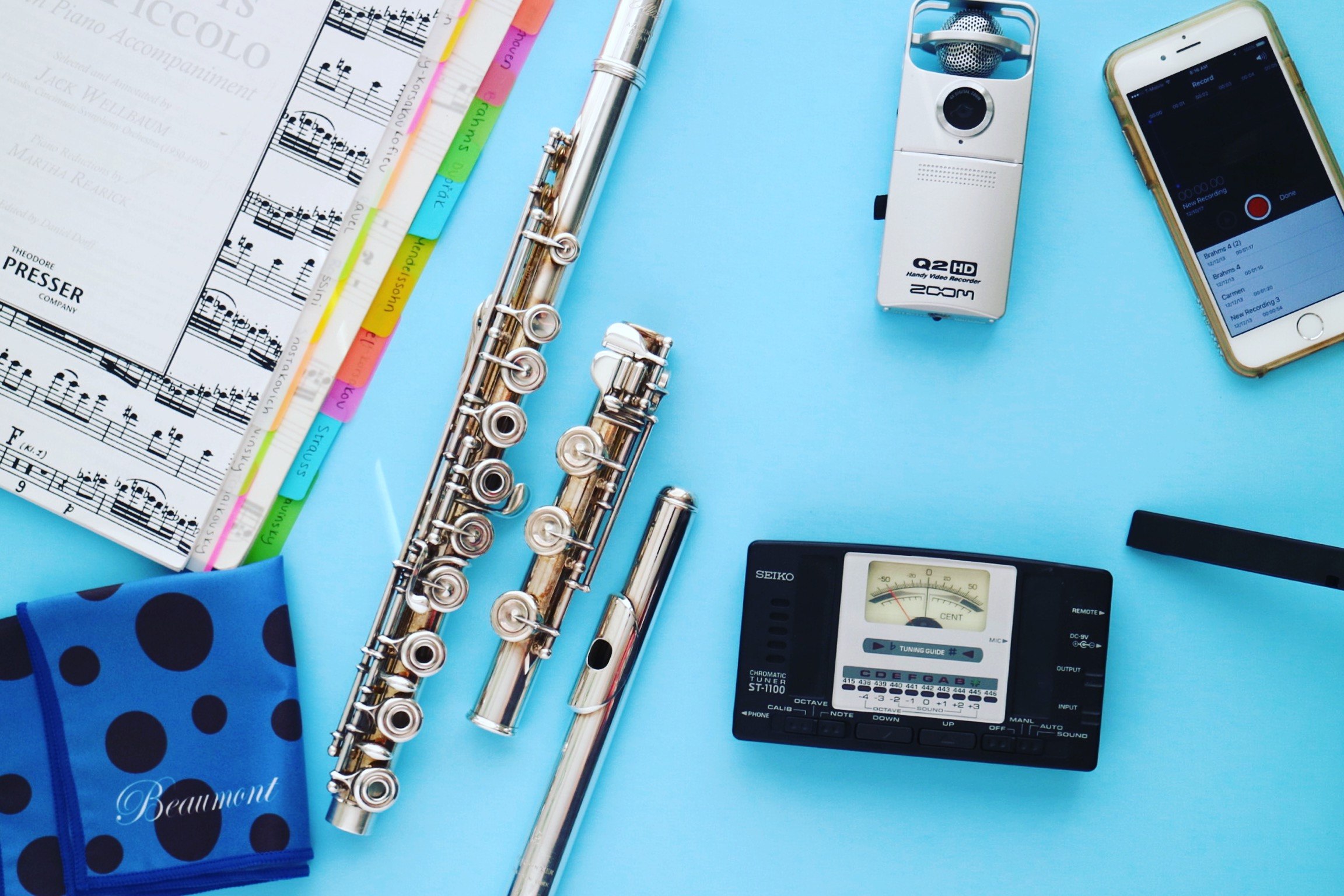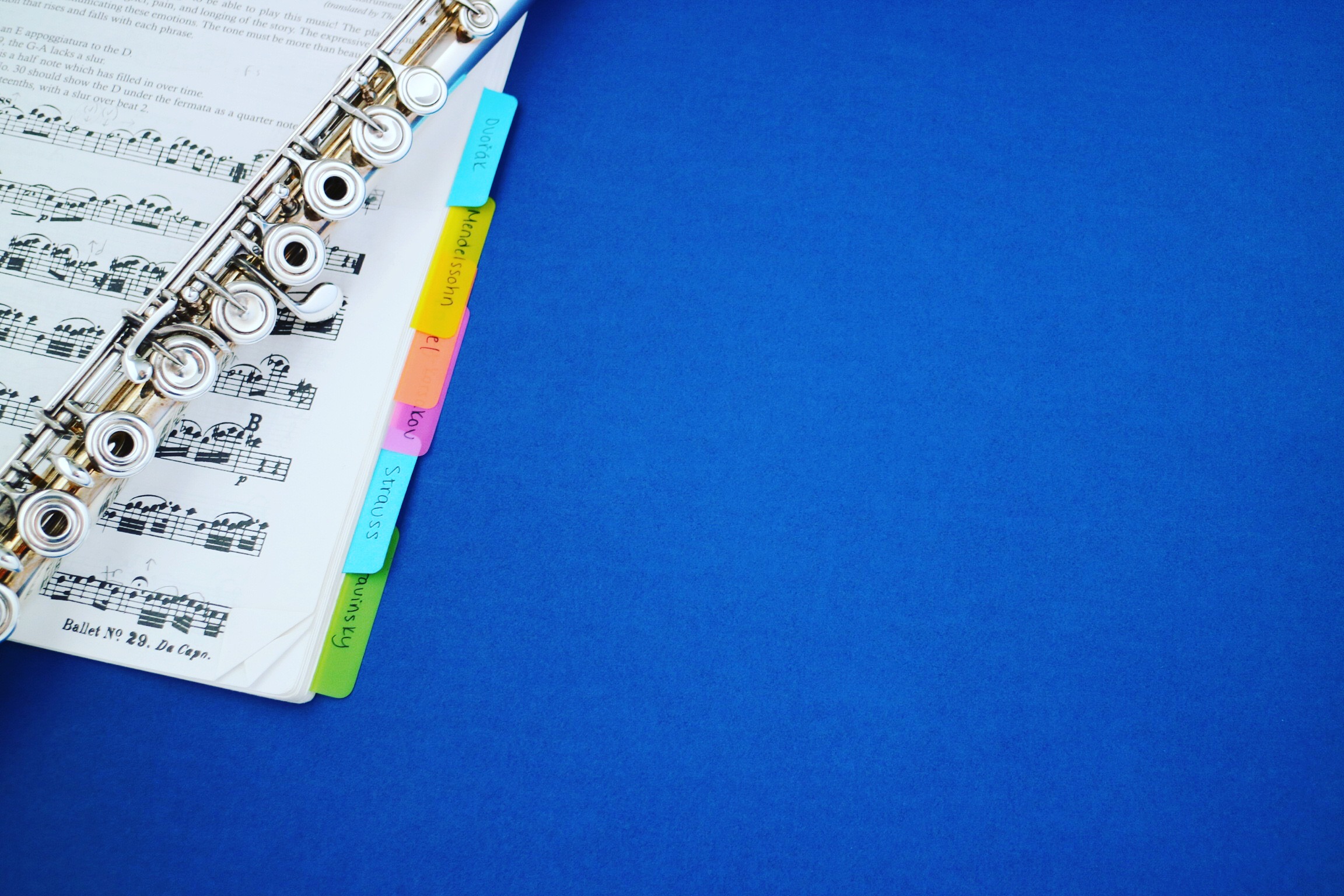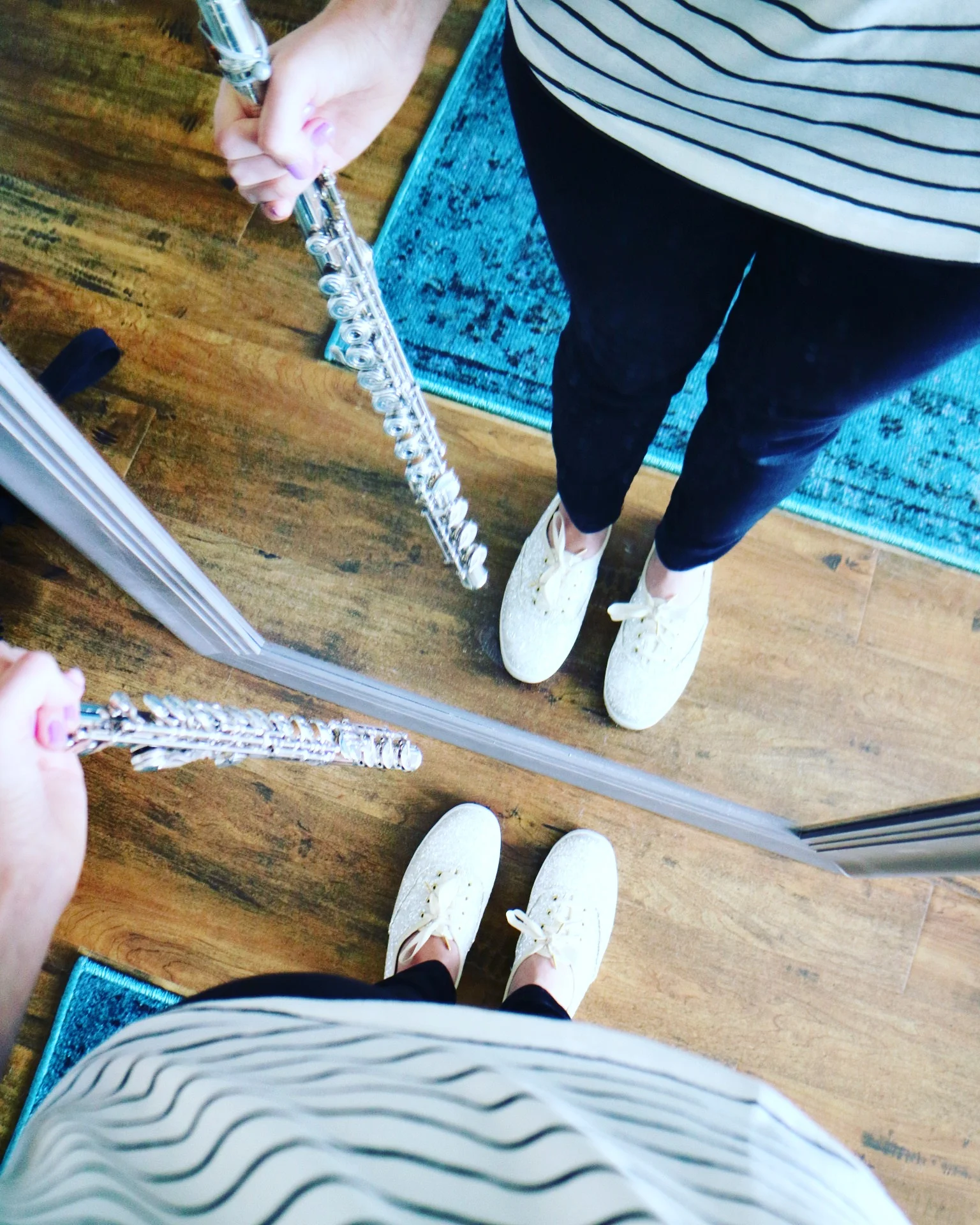What I Learned (+ Changed) About My Relationship With Self-Trust From a Golf Book
Back in my most recent audition preparation experience, I bought a book called: Golf is Not a Game of Perfect by Dr. Bob Rotella. I first heard about it in Rob Knopper's interview with Matt Howard on his strategies to win his audition with the LA Phil, where he discussed his elevated mental strategies and focus on his pre-shot routine.
I recently picked it up again and started over from the beginning.
Dr. Rotella is a performance consultant who specifically works with pro golfers on the mental side of their game.
There are some general, common sense ideas in there, and Dr. Rotella even attests that his simple methods often surprise his clients.
The thing about reading and processing these concepts again and again is that every time, a new light bulb goes off. I can digest it in a new way that allows me to really become aware of my mindset and try something new.
My Relationship with Trust: Doubt Comes First
"Many weekend golfers don't even wait for a bad shot to stop trusting their swing. They step onto the first tee thinking of a dozen mechanical concepts...Without realizing it, they're doing everything possible to undermine their own game." (pg. 48)
"The hot streak represents the golfer's true capability. It results, essentially, from trust. The golfer trusts his abilities. He steps up to the ball knowing that he can pick a target and hit it there. He does things unconsciously. The swing repeats itself. It feels effortless." (pg. 49)
I initially realized how often I direct the mechanics of my own playing thinking about my recent recordings for Etude of the Week.
I always think about the "what-I'm-doing" portion in practice. Of course, it's important to observe oneself and make corrections.
I also know that thinking about what to do hinders a performance, but I have continuously obsessed over self-directing while recording my etudes due to fear of failure:
I want to create the best possible outcome, so I hang onto all the little instructions that steered me well in practice.
Ultimately, this becomes exhausting.
My intentions are always to let go and direct myself to freedom, but I often end up adding tension when it comes to performing or recording. I physically feel the weight of it.
Self-directing is a form of self-doubt.
I am not exercising trust.
TRUST IS A HABIT. (And So Is Doubt.)
Great golf players trust themselves. They put in highly effective practice, and then let go and trust on game day. They trust no matter what happens - they keep locking in on their targets, and going for them.
Thinking about the amount of time I spend over-thinking, especially in practice, I recognize that my habit is doubt:
On a deeper level with how I think and act, I am doubting that I can create a beautiful sound without telling myself all the steps first.
I spend so little time cultivating trust with my mindset during practice and in life, that it's almost impossible to fully access trust in a performance. Starting to think about cultivating trust comes way too late in the process for me.
Embodying Trust as a Habit
After this revelation, I recorded my Etude of the Week, and I dove in without overthinking.
I didn't analyze myself first. I didn't double check how to play all the low notes, or the short notes, or the trills.. I gave myself permission to trust and not direct anything.
Not only was it more fun to play, it went better than I expected.
My only goals were to think in terms of targets:
I imagined myself hitting them, and then I did.
More importantly, I didn't spend an hour recording take after take, physically exhausting myself. I felt light and free without instructing myself to feel light and free.
I carried this into my fundamentals practice, where I am almost 100% of the time living in careful instruction mode. My default this time was to choose to trust and live affirmatively in the moment, and if anything went wrong, I could go back and fix it.
Trust first, not doubt: Play affirmatively, not with a question mark.
This eased an enormous amount of the frustrations I felt earlier that day. This also made it possible to have a pretty successful sight-reading session, as well!
Here are my reflections for the week:
Do I play, practice, and think with a question mark of doubt over my head?
What happens if I stop waiting to ingrain trust?
What happens if I decide I'm worthy of trust right from the beginning?
What happens if I embody trust as a habit, as my default?
What is your relationship with trust like? Do you notice when you're trusting vs. doubting? What is your default? Do you cultivate trust every day?
#PRACTICEROOMREVELATIONS









